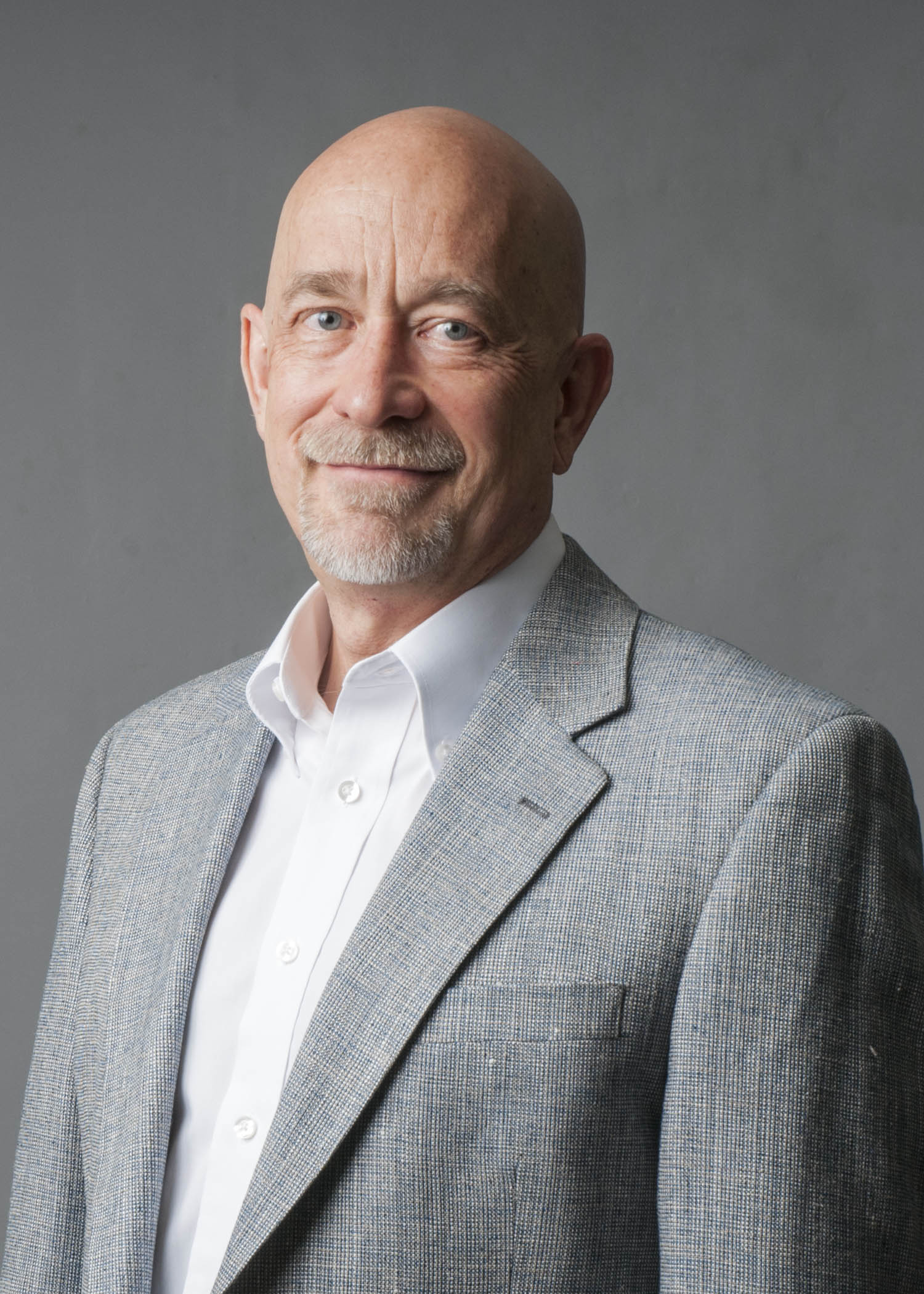Eric McCollum's mindfulness meditation course offers unique focus

For some graduate students, Virginia Tech’s call to “invent the future” has taken a unique twist.
On any given day, these students at the Northern Virginia Center in Falls Church can be found sitting straight backed with eyes closed in meditative repose, practicing what is referred to as mindfulness meditation. For them, inventing the future begins with "staying present."
“When I first learned that Virginia Tech was offering mindfulness training, I admit I questioned whether the subject matter was a little ‘out there’ for such a prestigious graduate school. I enrolled because fellow students who had never done so much as a minute of meditation assured me that Dr. McCollum’s course was extraordinary. I’m here to say it was,” said Faye Fiore of Arlington, Va., a student in the Marriage and Family Therapy program in the College of Liberal Arts and Human Sciences.
This testimonial is just one of many received by Eric McCollum, professor of human development and director of the Marriage and Family Therapy program in the National Capital Region. The program offers a master's degree and a non-degree post master's certificate.
Mindfulness meditation deliberately focuses one's attention on present experience -- thoughts, physical sensations, emotions -- and on doing one’s best to stay present with those experiences without judging them or avoiding their difficult aspects. Virginia Tech offers a three-hour course in mindfulness meditation during the summer semester for students in the Marriage and Family Therapy program as well as others in the National Capital Region. Though rooted in Buddhist tradition, McCollum teaches mindfulness meditation as a secular practice, compatible with all religious beliefs.
“Extensive research on mindfulness in health care points to a whole host of benefits to be gained from using this practice,” said McCollum. “The degree to which mindfulness meditation has been integrated into our program over the last few years is significant and makes the Virginia Tech program unique,” he said. “Mindfulness meditation is humanizing the higher education environment by teaching to the whole student rather than just concentrating on the cognitive."
The professional benefits of mindfulness meditation have been duly noted by many students, McCollum said.
For example, Mandaran Labrum of Fairfax, Va., said, “I feel that since taking this course I have become more present in the therapy room and am better able to stay focused on my clients.”
McCollum said that, judging from feedback he has gotten from students, mindfulness meditation has also been personally transformative for many in the program.
Kit Wolverton of the greater Washington, D.C.-area referred to the mindfulness meditation course as “nothing short of life changing.” She said, “Mindfulness has brought about a keener sense of my thoughts and feelings, providing me with a valuable compass that helps me keep my actions and reactions in line with my personal values. I also have a deeper understanding of people and how our minds work as a result of Dr. McCollum's class.”
Another graduate student, Christina Bonenberger of Branford, Conn., noted, “Mindfulness gave me more compassion and patience for myself and was especially helpful in managing the high expectations I had for myself as a student and a therapist in training.”
The opportunity to experience mindfulness meditation now extends beyond the formal classroom setting to include the broader Virginia Tech community. For several years, the Marriage and Family Therapy program has convened a monthly meditation group at the Northern Virginia Center for faculty, staff, and program alumni. Thirty minutes of guided meditation is followed by an open discussion of shared experiences.
“We are now encouraging everyone in the Virginia Tech community to join us at these monthly sessions,” McCollum said. “With the university’s emphasis on wellness and innovation, we are hoping more people will take advantage of this opportunity.”
Request more details on the monthly group meditation sessions at the Northern Virginia Center.
McCollum is also on the planning committee for Virginia Tech's recently announced conference on contemplative practices, which will take place April 11-13 at the Inn at Virginia Tech in Blacksburg.




